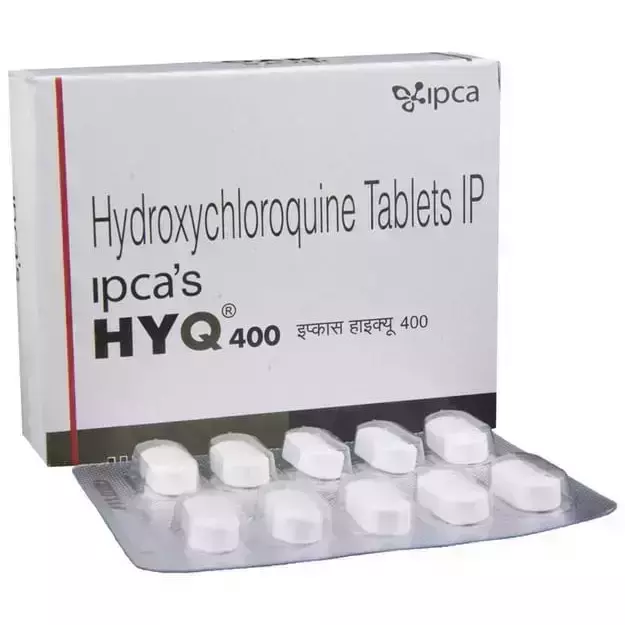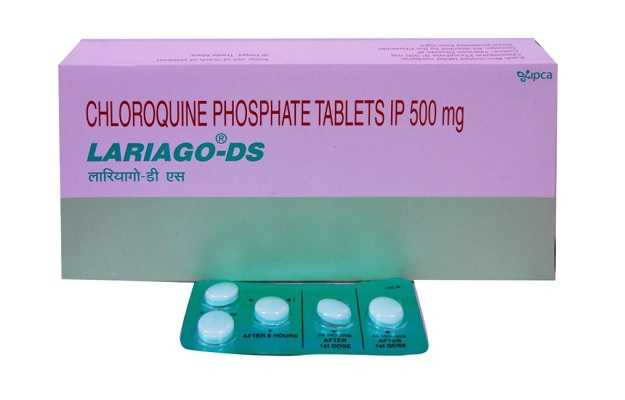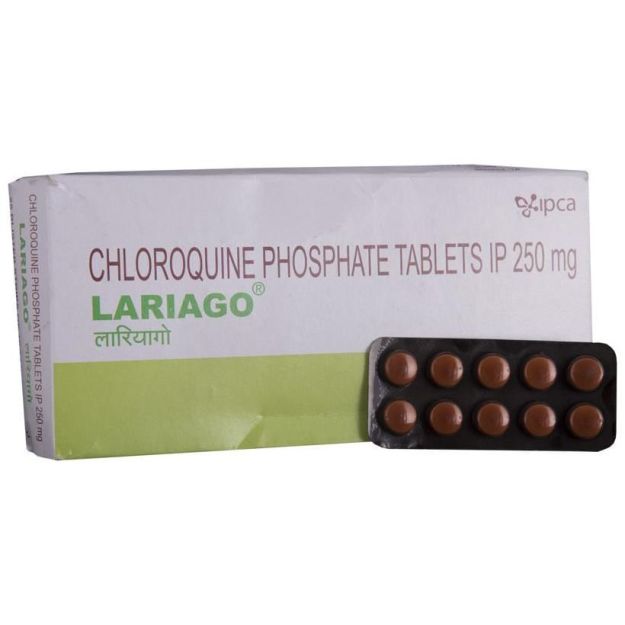Lincoquine is a prescription medicine that is available as a Tablet, Suspension. Primarily, it is used for the treatment of Malaria.
Medical history of the patient along with age and gender determines the dosage of Lincoquine. Besides the medical condition it is advised for, the route of administration also plays an important role in determining the correct drug dosage. Detailed information has been provided in the dosage section.
Besides the aforementioned side effects, there are other adverse effects of Lincoquine as well, which are listed below. Normally, these side effects of Lincoquine are not long lasting and go away when the treatment is finished. If, however, they worsen or do not go away, please speak with your physician.
In addition, Lincoquine's effect is Severe during pregnancy and Severe for lactating mothers. It is important to know if Lincoquine has any effect on the kidney, liver and heart. Information on such adverse effects, if any, has been given in the Lincoquine related warnings section.
Individuals suffering from medical conditions like Porphyria must refrain from the use of Lincoquine since this can cause severe adverse effects. Other contraindications of Lincoquine have been discussed in the sections ahead.
Additionally, Lincoquine may also adversely react with other medicines. Refer to the list below for further details.
In addition to the above precautions for Lincoquine, it is important to know that it is not safe while driving, and is not habit-forming.
X












